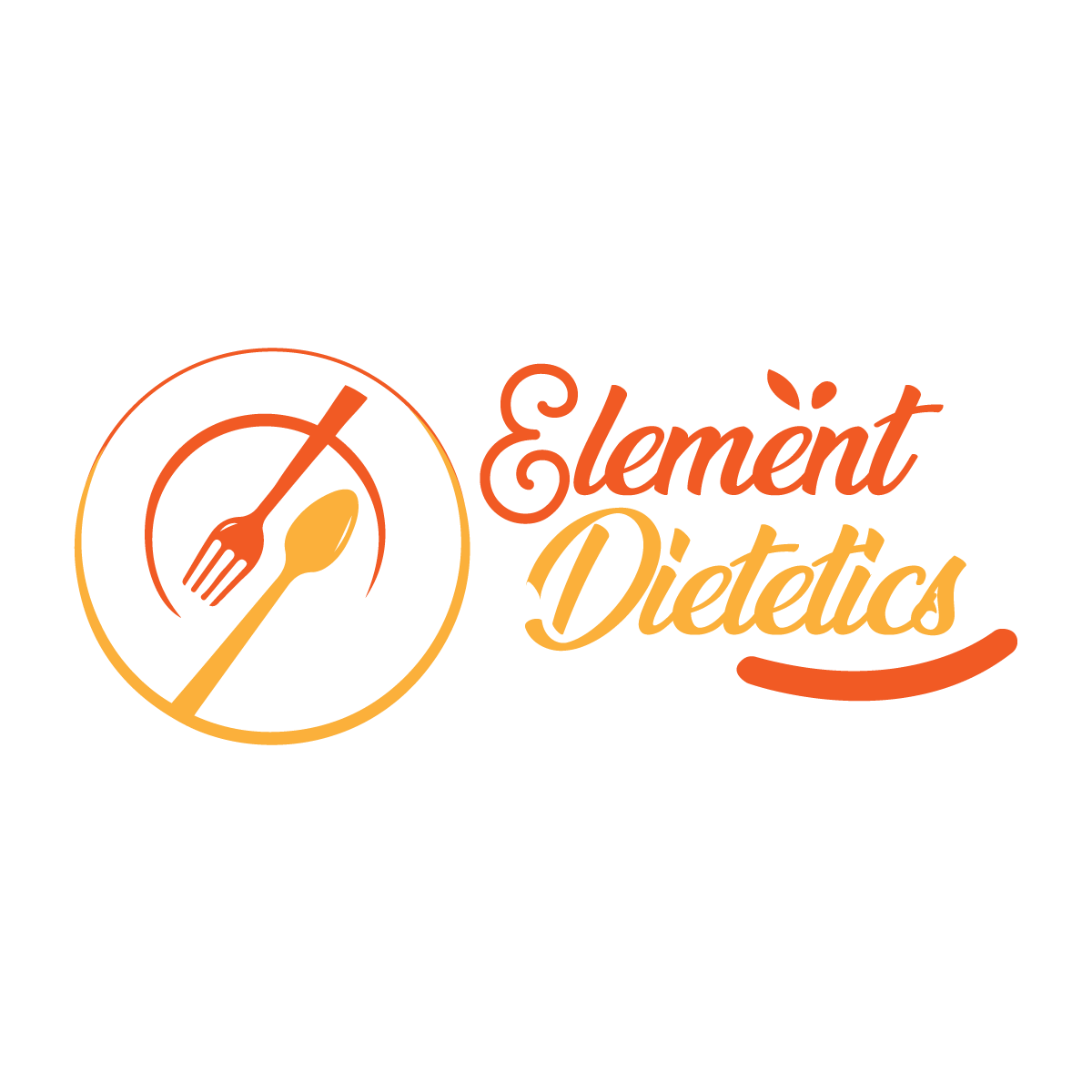What is Sports Nutrition?
“Athletes eat and train, they don’t diet and exercise” - Asker Jeukendrup
Whether you're a casual gym goer, a recreational, amateur or dedicated athlete, or simply someone looking to enhance your fitness journey, understanding sports nutrition is key. It's not just about what you eat; it's about when and why you eat it. Sports nutrition is the science of using nutrition to enhance athletic performance, recovery, and overall well-being. Let's dive into the fundamentals.
What is Sports Nutrition?
Sports nutrition focuses on tailoring dietary strategies to meet the specific demands of physical activity. It recognises that athletes and active individuals have unique nutritional needs compared to the general population. Its not just about calories, micronutrient are also play an important role in maintainging one’s overall health, not only at the time of the activity but also in the future.
Macronutrients: Understanding the roles of carbohydrates, proteins, and fats in fueling exercise and promoting recovery.
Micronutrients: Ensuring adequate intake of vitamins and minerals crucial for various physiological processes during physical activity (eg. iron and calcium)
Hydration: Maintaining proper fluid balance to optimise performance and prevent dehydration.
Timing of Nutrient Intake: Strategically consuming nutrients before, during, and after exercise to maximise benefits.
Supplementation: Evaluating the appropriate use of supplements to support training and performance.
Why is Sports Nutrition Important?
Proper sports nutrition can significantly impact your performance and overall health by:
Enhancing Energy Levels: Adequate carbohydrate intake provides the fuel needed for sustained physical activity.
Improving Muscle Recovery: Protein supports muscle repair and growth after exercise.
Optimising Hydration: Proper fluid intake prevents dehydration, which can impair performance. Determining your rate of sweat and the rate it needs to be replaced - something highly individual.
Supporting Immune Function: Intense exercise can temporarily suppress the immune system; proper nutrition helps mitigate this.
Promoting Overall Health: A balanced diet supports long-term health and well-being (eg.: bone health).
Key Components of Sports Nutrition:
Carbohydrates: The primary fuel source for high-intensity exercise. Athletes need to consume adequate carbohydrates to replenish glycogen stores.
Protein: Protein needs are generally higher for athletes than for sedentary individuals.
Fats: Provide a concentrated source of energy, especially during prolonged, low-intensity exercise.
Hydration: Water is crucial for regulating body temperature, transporting nutrients, and supporting various physiological functions.
Vitamins and Minerals: Play vital roles in energy production, muscle function, and overall health.
In conclusion, sports nutrition is a field that plays a critical role in optimising athletic performance and overall health. By understanding the key principles and implementing practical strategies, you can fuel your body for success. Remember, personalised advice from an APD, more specifically a Sports Dietitian is always the best way to ensure you are meeting your individual needs.
Are you looking to enhance your athletic performance? Contact us today to book an initial consultation!
